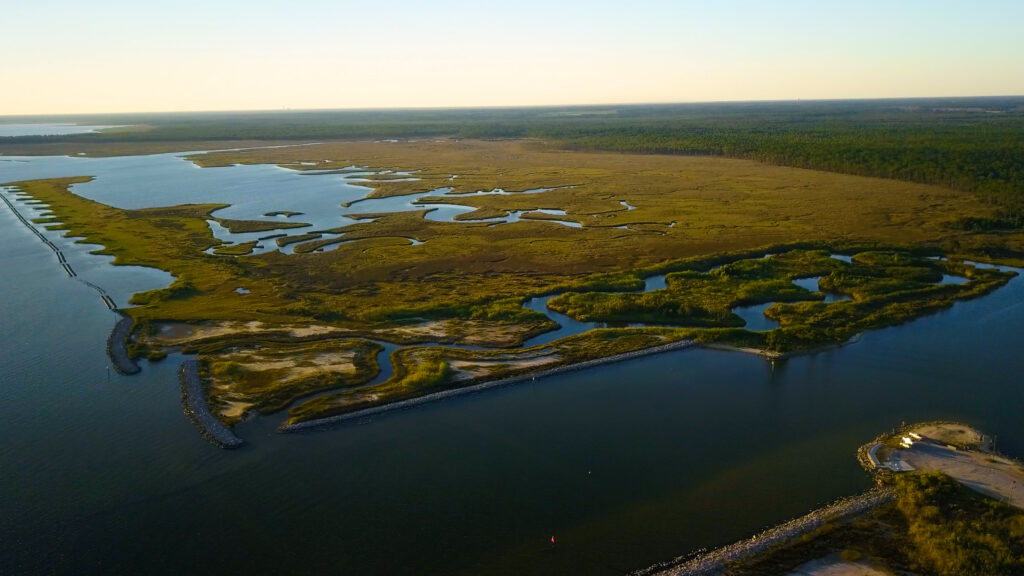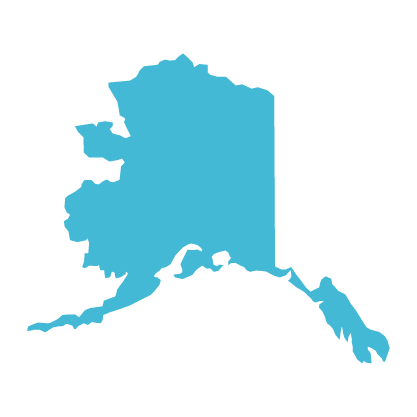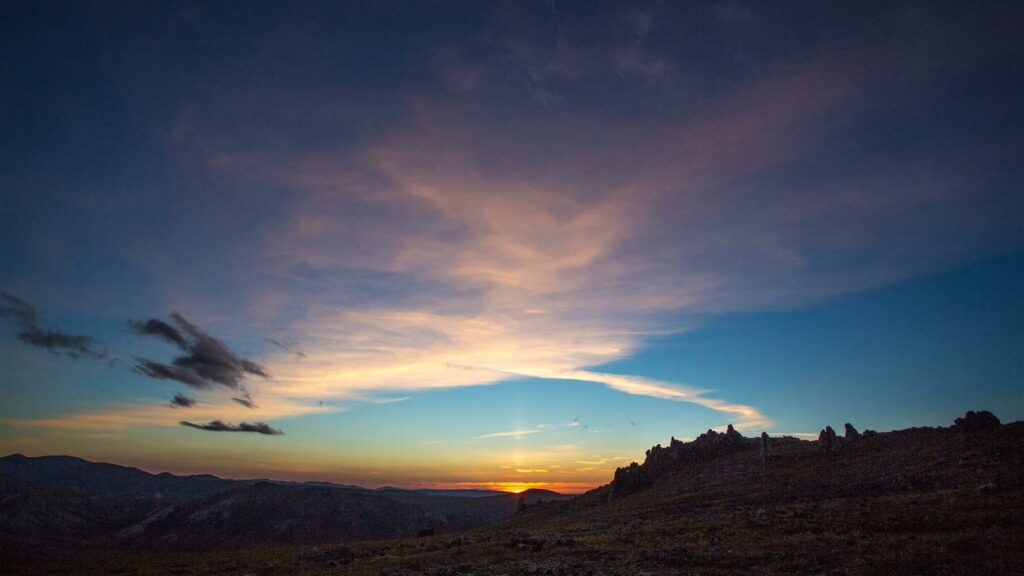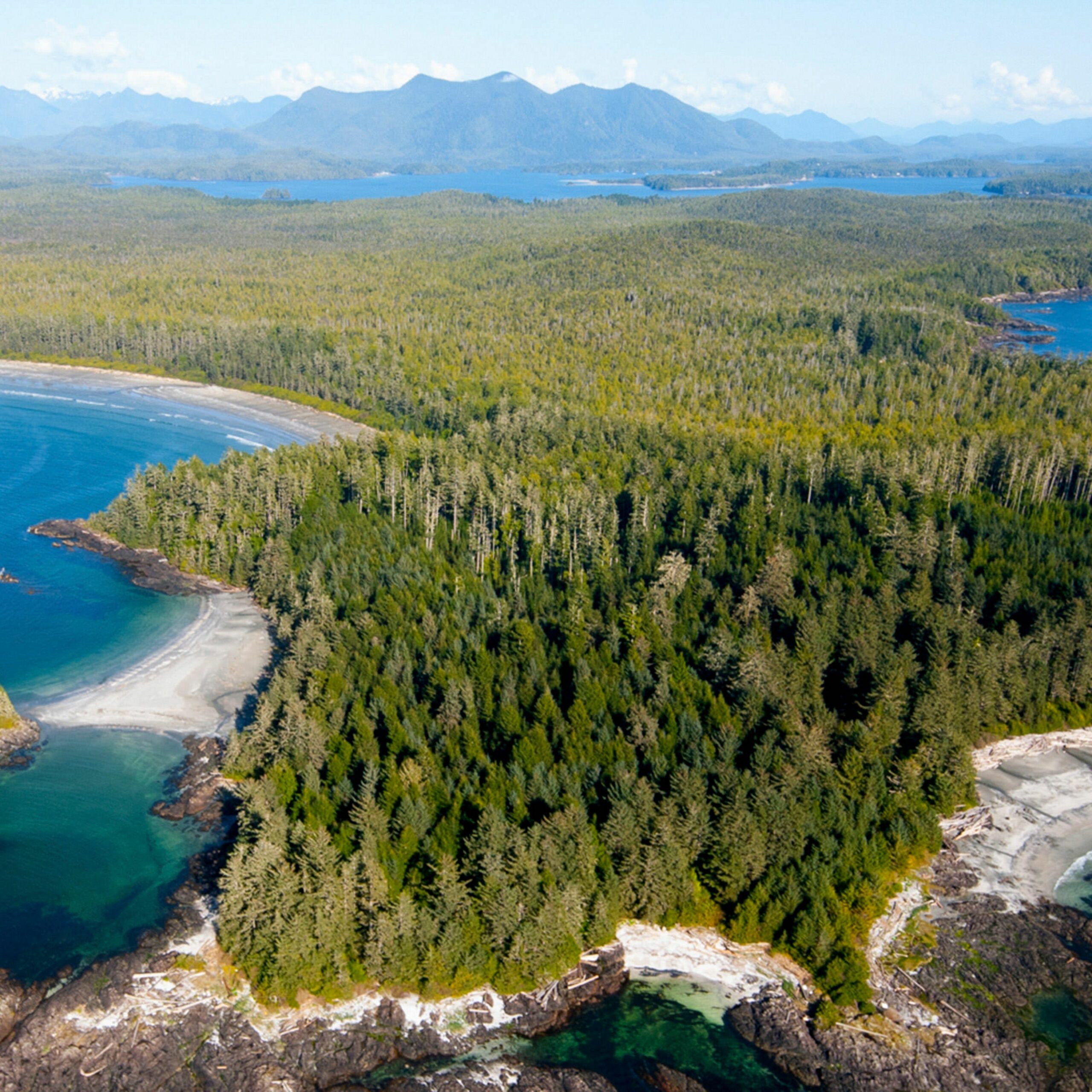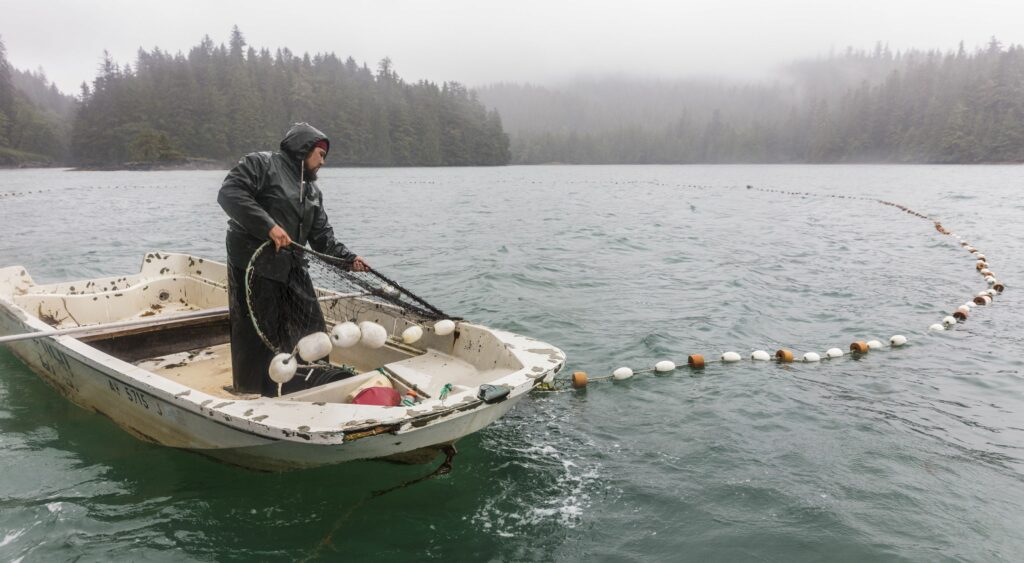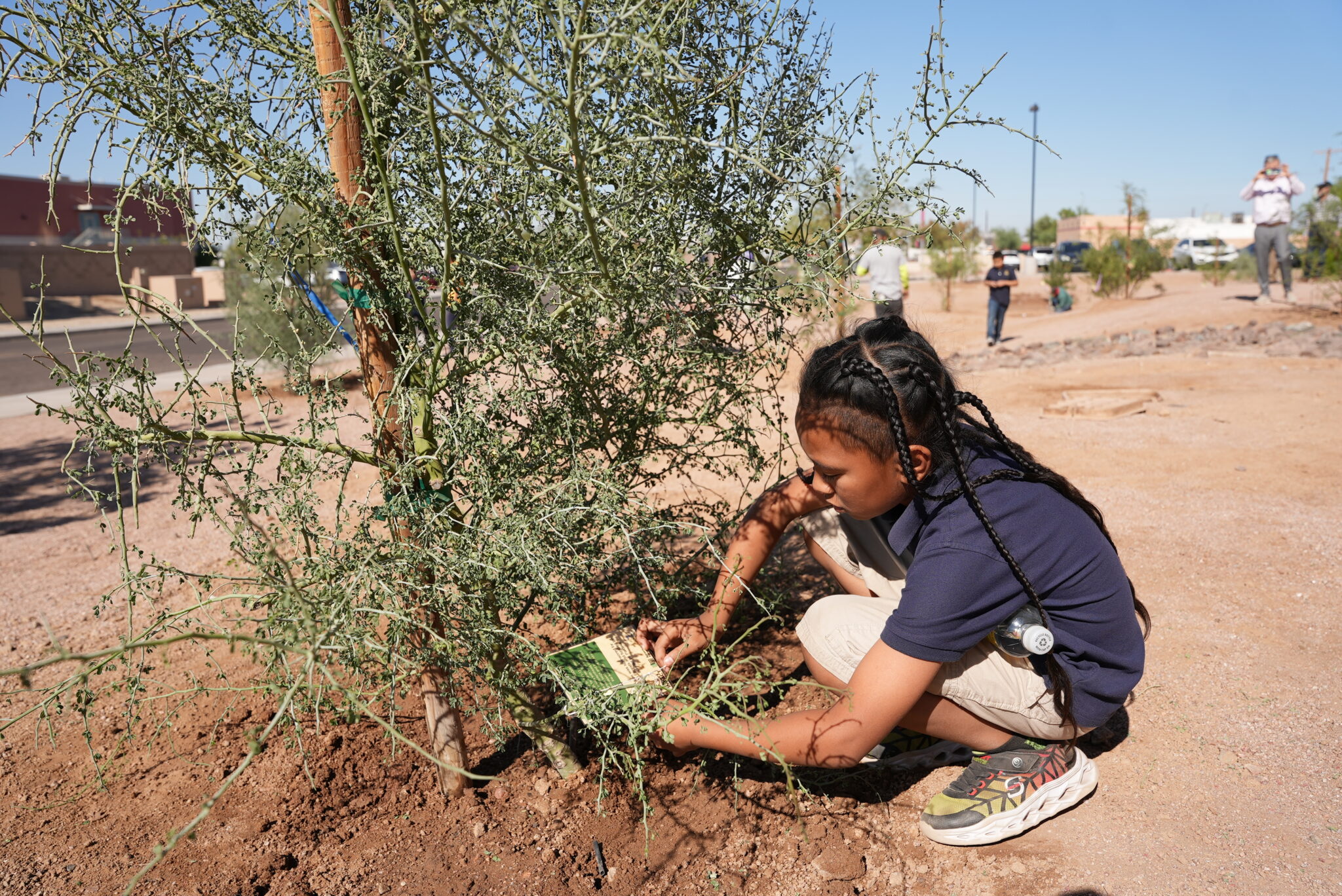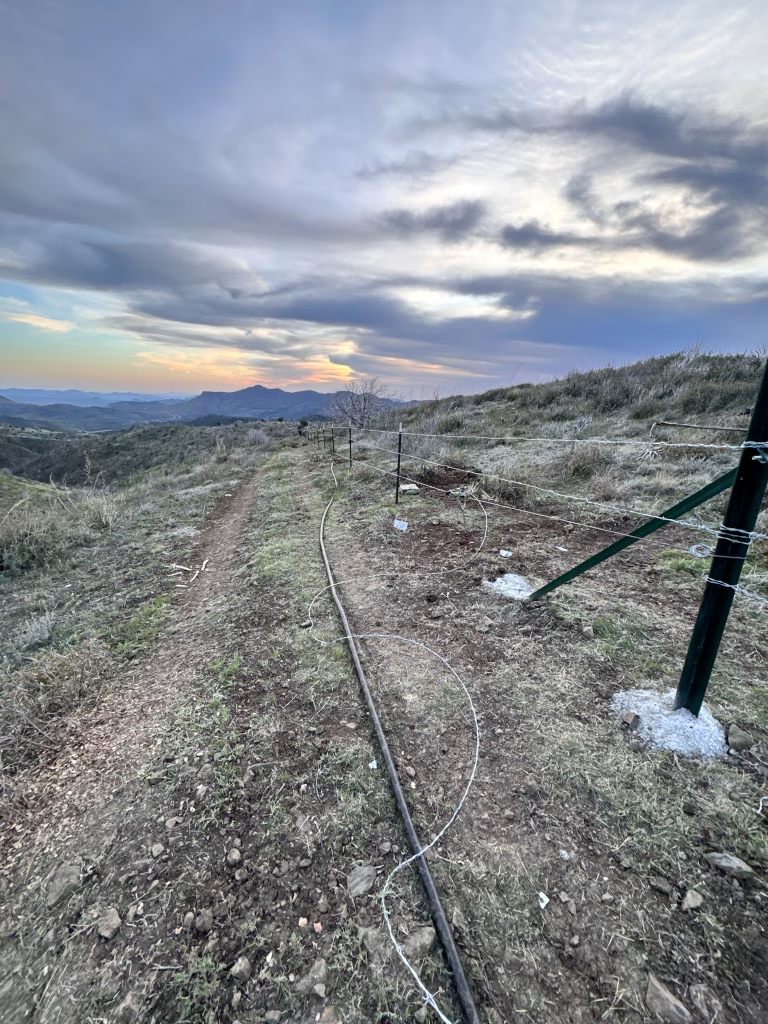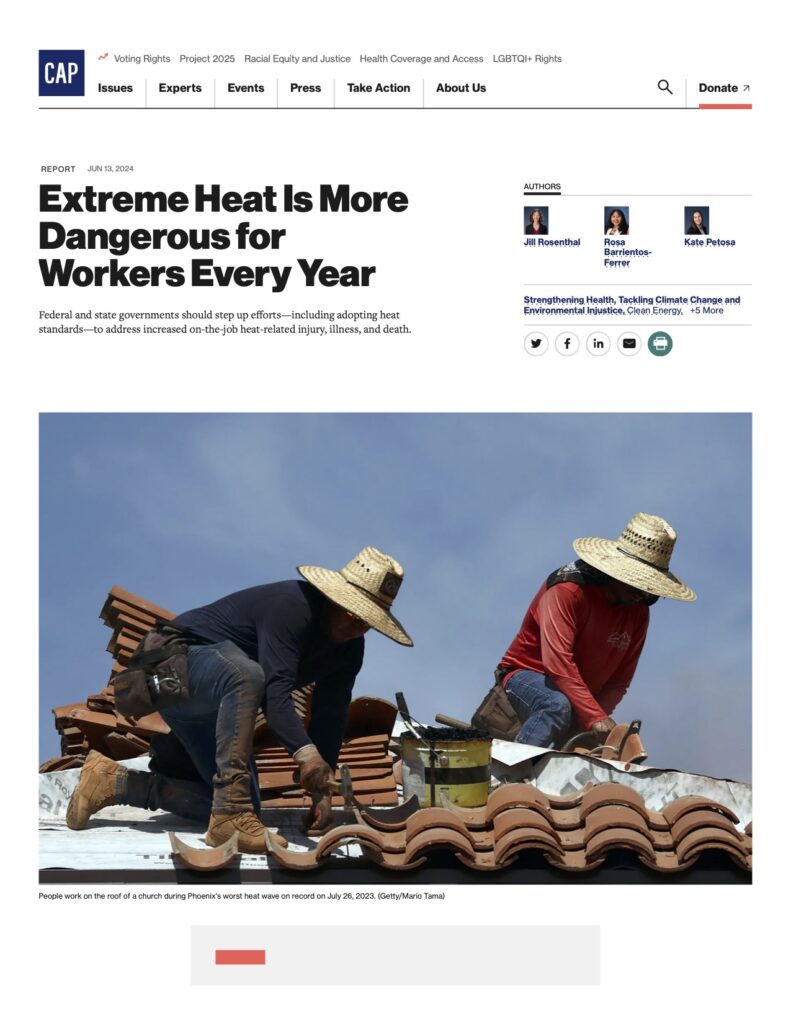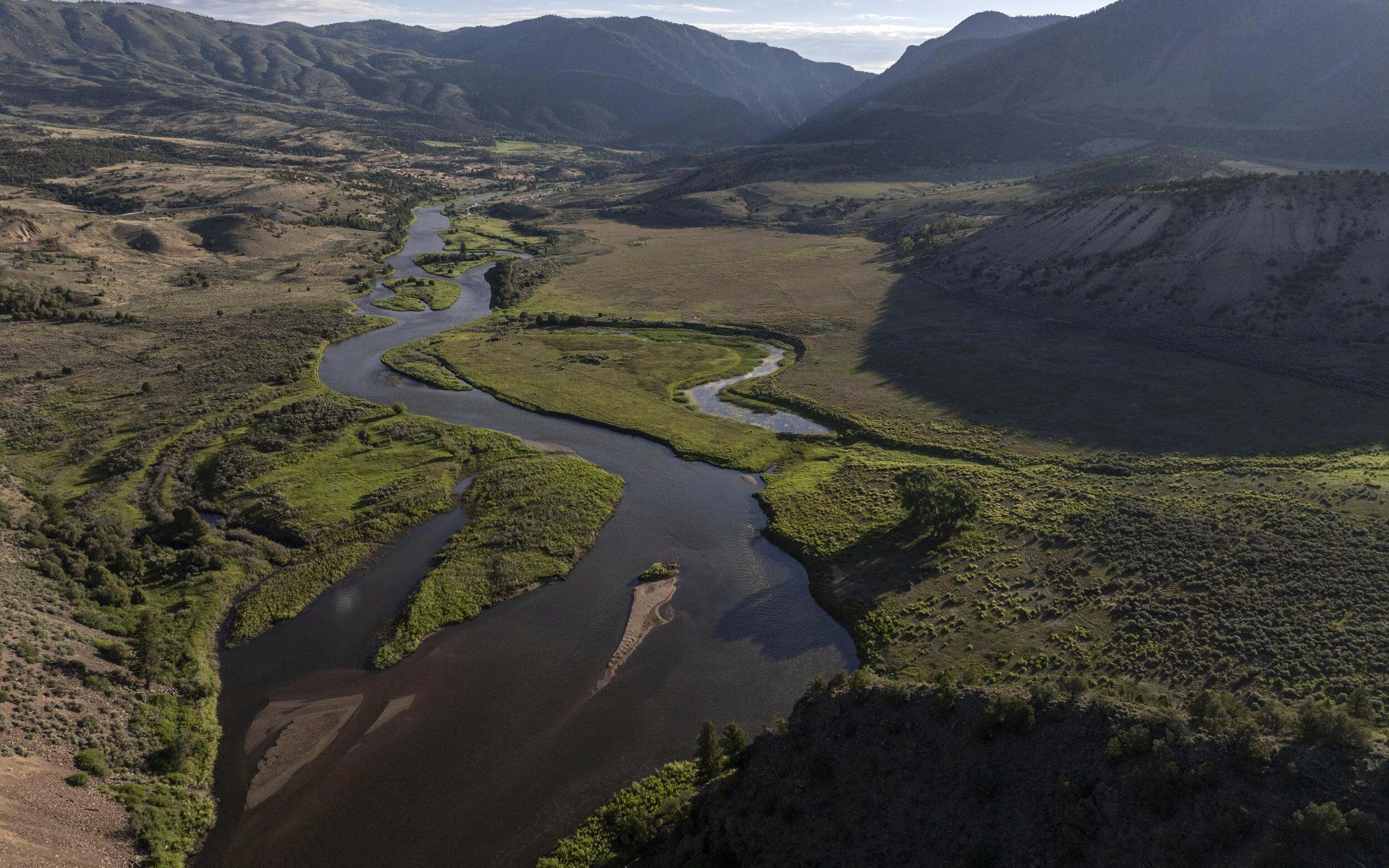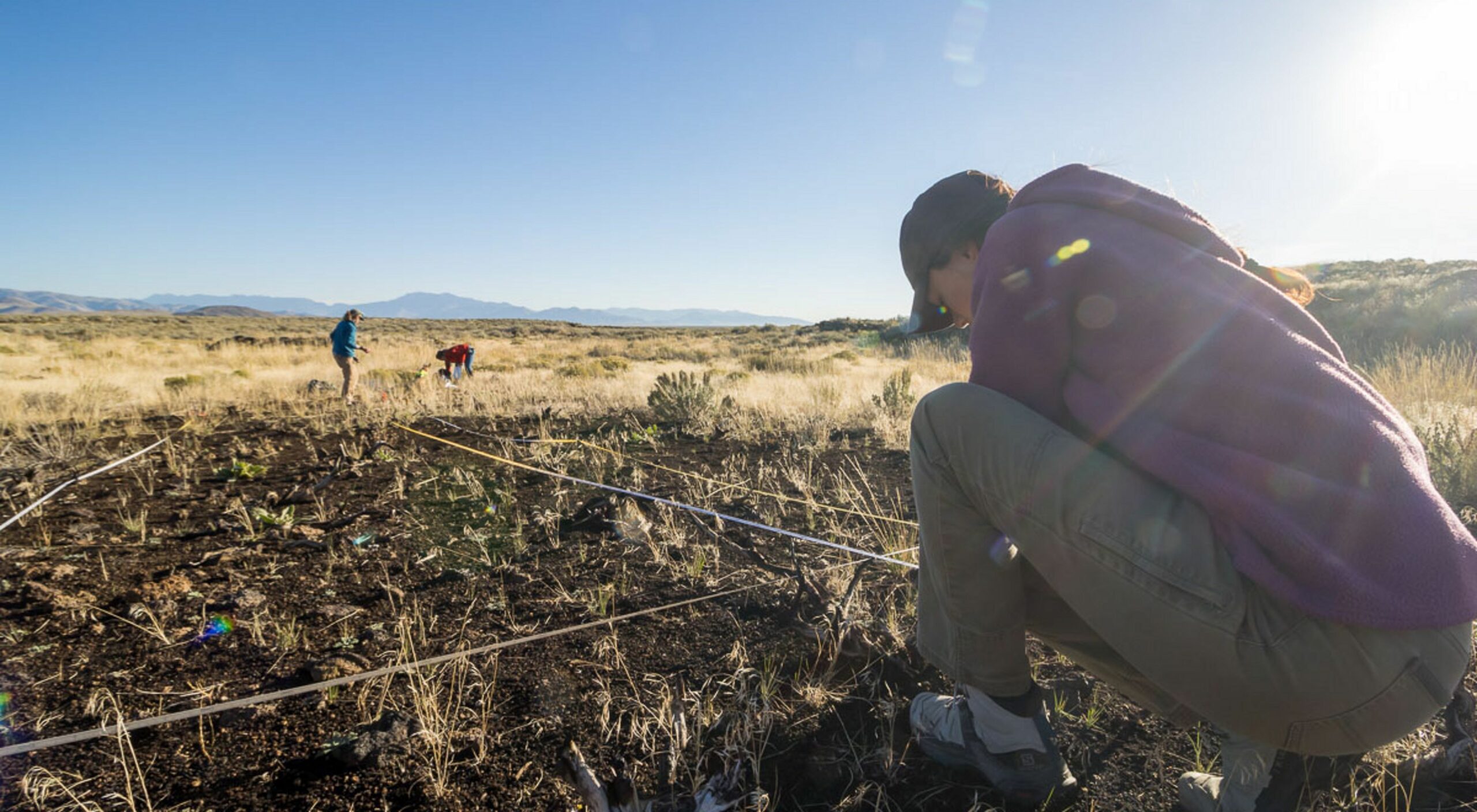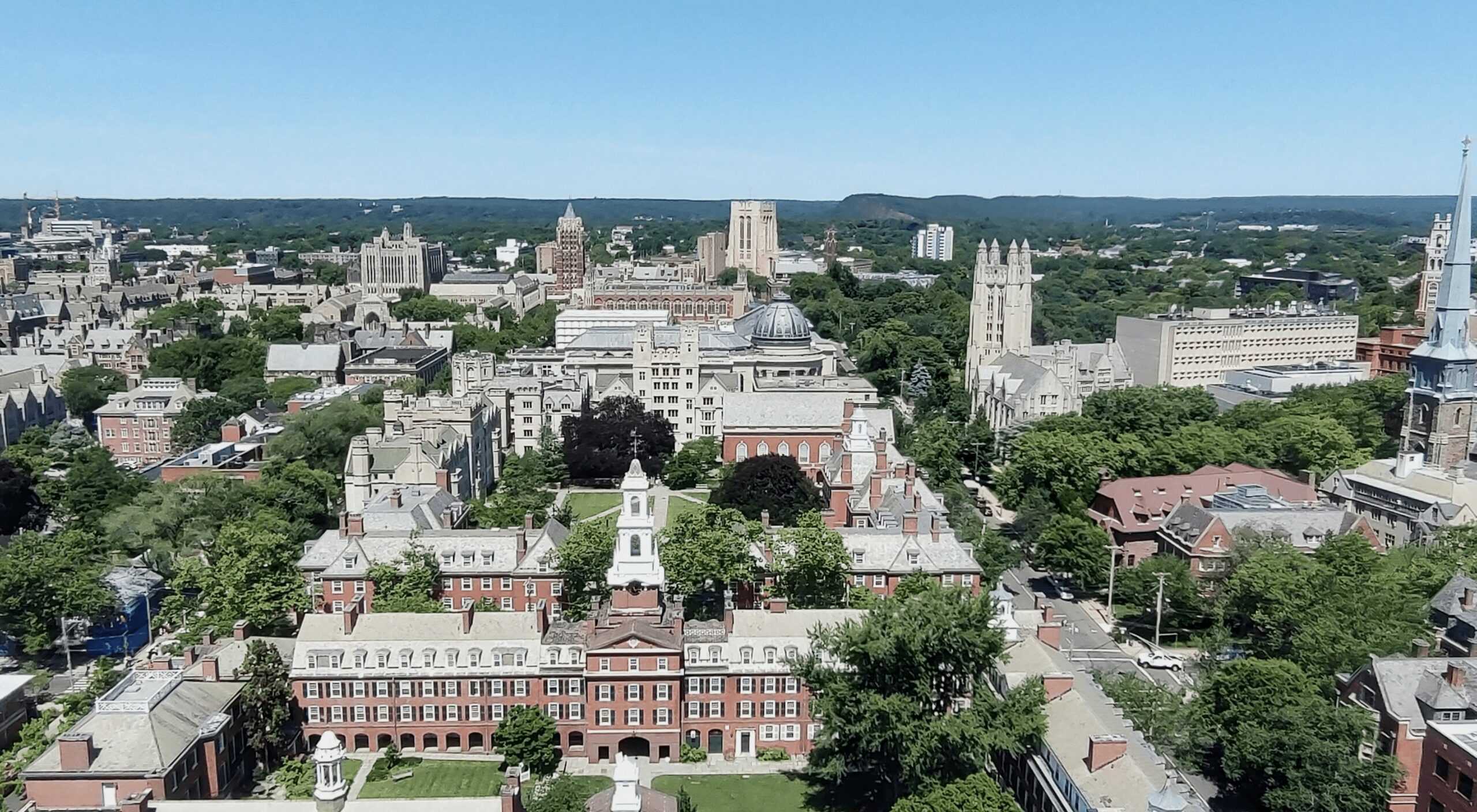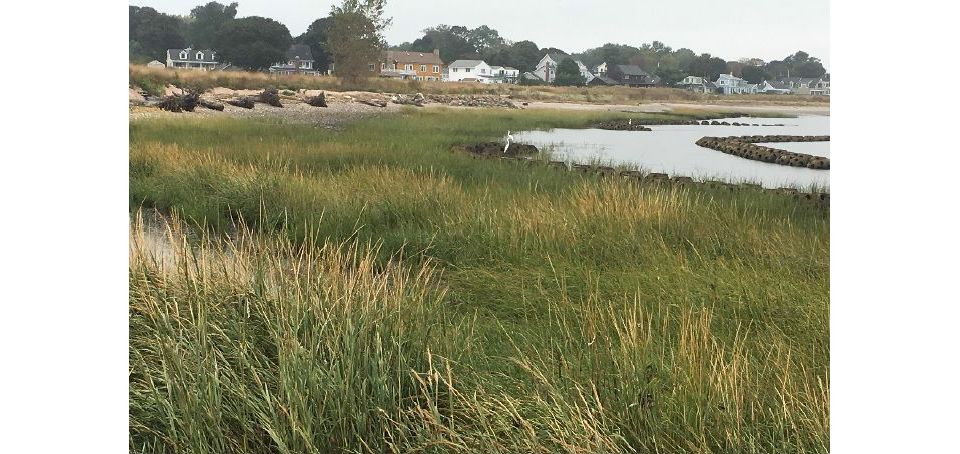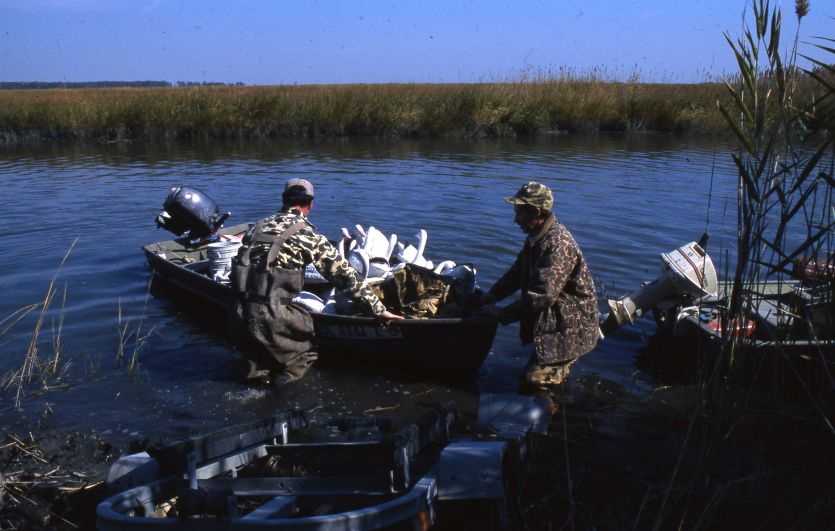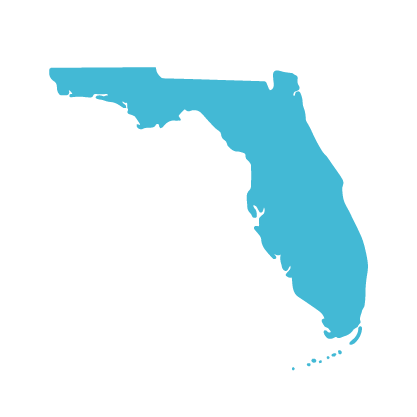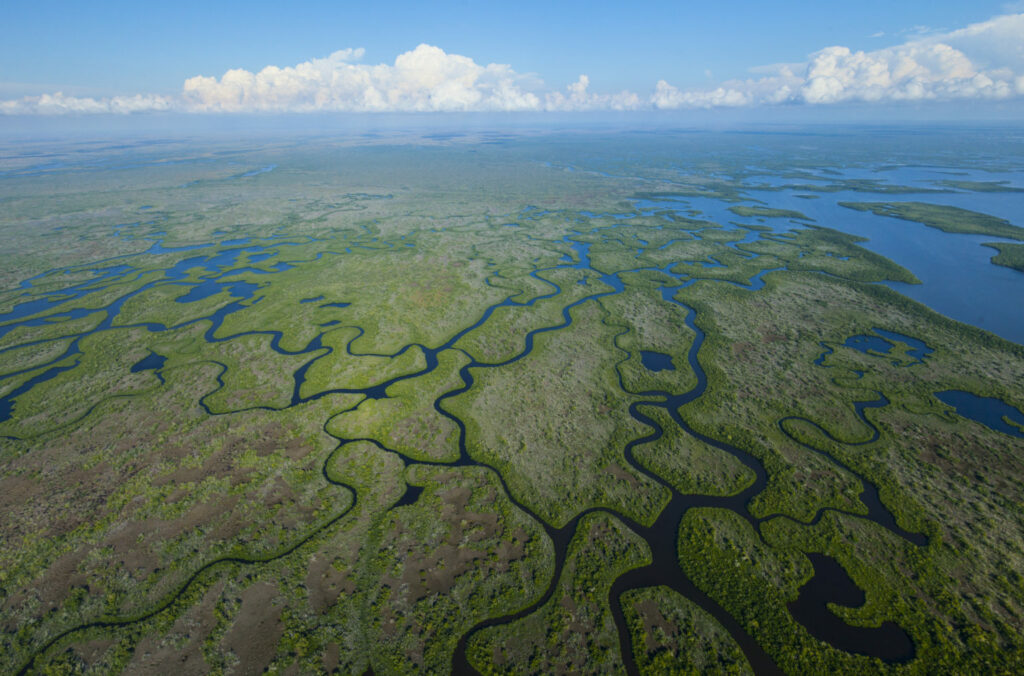Introduction
Natural Climate Solutions, also called Nature-Based Solutions, are actions that reduce emissions and increase carbon storage in forests, farms, grasslands and wetlands, while providing a host of additional benefits for people and the environment.
Practices that could be included are actions like encouraging farming techniques that retain carbon in the soil, such as planting cover crops; conserving and replanting forests; conserving and restoring coastal wetlands; and reducing the loss of natural areas, planting trees, and providing parks in communities.
Not only do these efforts help address climate change – they can improve water quality, prevent natural disasters like wildfire, drought, and flooding, protect wildlife habitat, and provide opportunities for hiking and fishing. Best of all, these solutions are cost effective, and can often improve local economies.
Below you can explore how people in California are benefiting from implementing nature-based solutions in their community through a diverse set of resources from USN4C members and others, including blog articles, videos, comprehensive reports, and more.
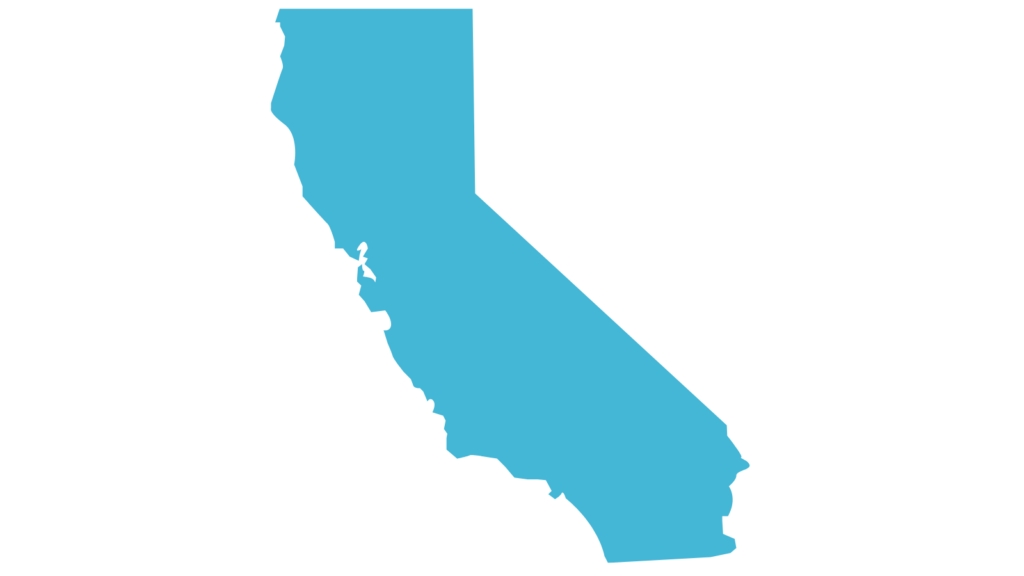
Co-Benefits Research for California
Case Studies

American Farmland Trust: California, Faith Home Orchard – Soil Health Case Study

American Farmland Trust: California, Okuye Farms – Soil Health Case Study

American Farmland Trust: Conservation of the Historic Harvey and Gladys Nyland Property.
Blog Articles

American Forests: Reforestation Pipeline Partnership.
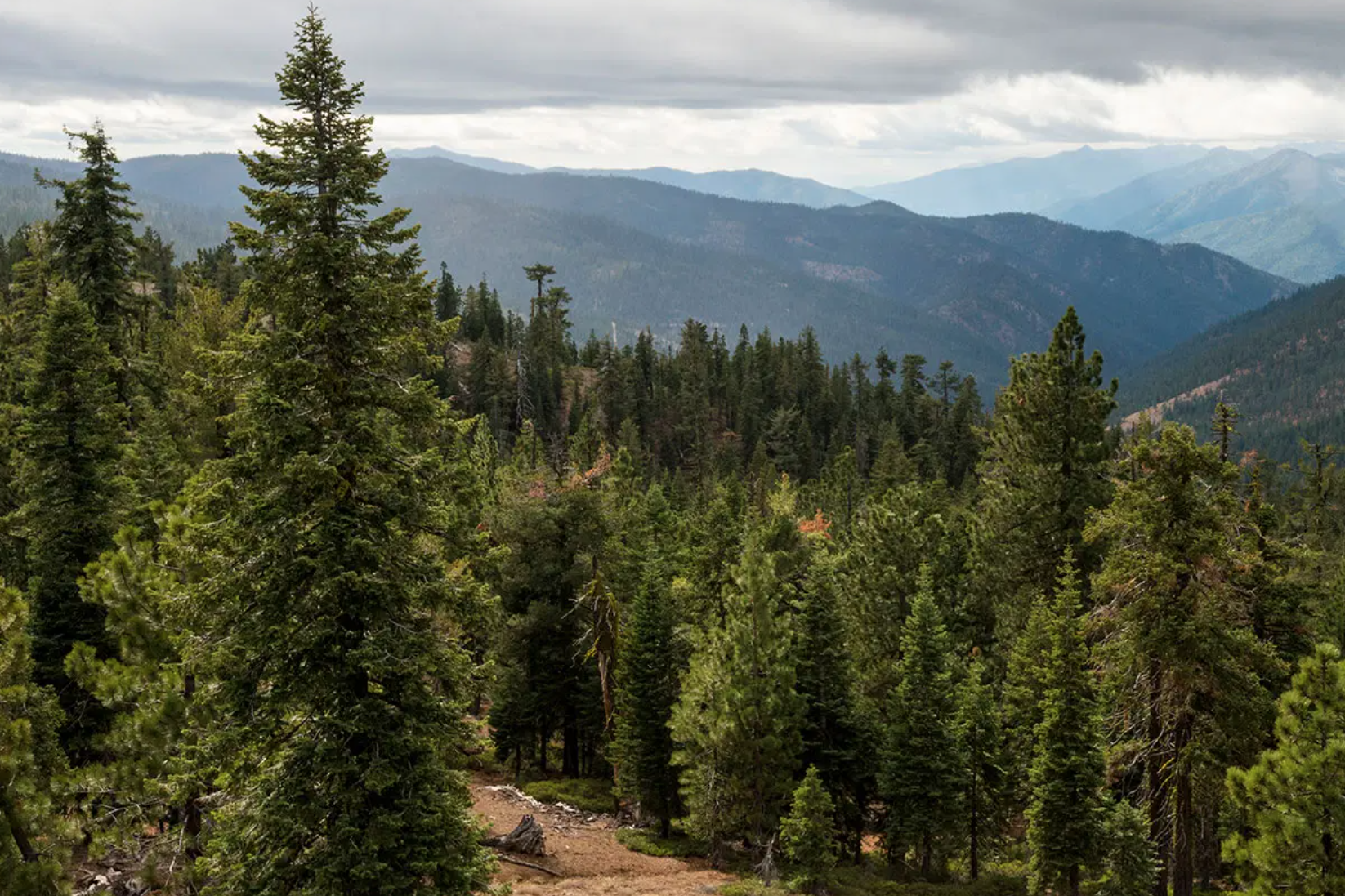
Trust for Public Land: Hupa Mountain.
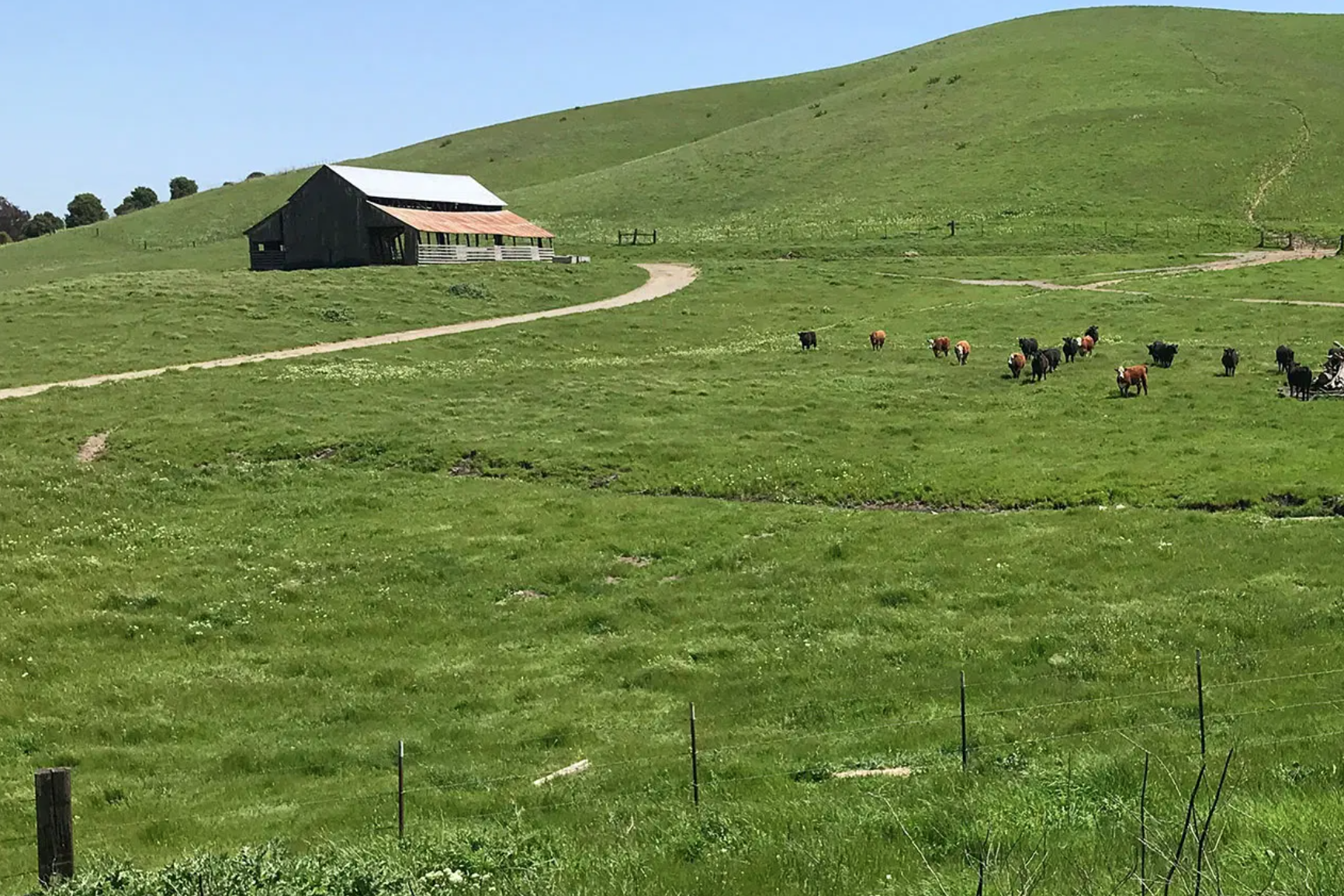
Trust for Public Land: Conservation of the Historic Harvey and Gladys Nyland Property.
- The Nature Conservancy StoryMap: Nature-based Climate Solutions: A Roadmap to Accelerate Action in California
- Ceres/U.S. Climate Alliance Op-Ed: States Keep Proving that Climate Action Works
- Land Trust Alliance Article: Black-Led Conservation Group Secures 650 Acres for Conservation and Recreation
- SCIENCE: PLOS One Study (The Nature Conservancy): Climate Mitigation Potential of Natural Climate Solutions and Clean Energy on The Nature Conservancy Properties in California, USA
- Land Trust Alliance Press Release: California Council of Land Trusts and Land Trust Alliance Announce $5 million in State Grant Funding to Support California’s Land Trust Community
- Pew Charitable Trusts Article: Diverse Northwest California Public Lands Ripe for Conservation
- U.S. Nature4Climate/The Nature Conservancy Blog Article: New California Roadmap: A Natural Path to Climate Solutions
- Hispanic Access Foundation In the News (Latin Times): Latinos Face Disproportionately Higher Risk of Flooding in the U.S.; Here’s Why.
- Trust for Public Land Article: Statement from Trust for Public Land on Department of Defense’s Newly Announced Sentinel Landscape Designations in California and Hawaii
Forests:
- American Forests: Camp Fire: A natural laboratory for resilient reforestation
- National Association of Conservation Districts Article: Understanding the Impact of Emergency Forest Restoration Teams in California
- Arbor Day Foundation Article: Facing Down California’s Monster Fires
- American Forests Article: The Camp That’s Training a New Generation of Cone Collectors
- Environmental Defense Fund Vital Signs Magazine Article: Fighting Wildfires with Fire: Can Prescribed Burns Save Our Forests?
- Environmental Defense Fund Climate 411 Article: California’s Carbon Market Continues to Fund Much-Needed Climate Action with Third Auction
- Pasadena Star News Article (re-printed by Hispanic Access Foundation): Community Hike Highlights San Gabriel Mountains Monument Expansion, Value for Latino Access
- American Forests Press Release: American Forests is Awarded $10.6M from National Fish and Wildlife Foundation to Restore Caldor Fire-affected Watersheds
- U.S. Nature4Climate/Hispanic Access Foundation “Conservation IS Climate Action” Article: Land, Climate, Corazon
Agriculture and Grasslands:
- American Farmland Trust Article: Creating a Circular Economy for Healthy Soil
- American Farmland Trust Article: Serving California’s Underserved Farming Communities with NRCS Partnership
- Land Trust Alliance Article: Desert Seed Bank Expands To Conserve Rare, Threatened and Endangered Plant Species
- American Farmland Trust Press Release: AFT Releases New Paper on the Climate Benefits of Agricultural Conservation Easements
- SCIENCE: American Farmland Trust Article: A Peek at Potential Soil Health System Performance in the Next 50 Years of Climate Change in Four US Cropping Systems
- Pew Charitable Trust Press Release: Poll Shows Strong Support for Strengthening Sage-Grouse Habitat Protections
- Pew Charitable Trusts Article: Public Wants Stronger Protection of Sage-Grouse Habitat in West
- National Wildlife Federation Article: Grasslands: A Disappearing Ecosystem
- SCIENCE: Soil Health Institute Article: Maximizing Weed Suppression with Cover Crops in Cotton Production
- Soil Health Institute Fact Sheet: Using Cover Crops as a Weed Suppression Tool in Cotton Production
- Soil Health Institute Fact Sheet: Cover Crop Species Comparison for Weed Suppression in Cotton Production
- U.S. Nature4Climate/The Nature Conservancy Blog Article: Climate Solutions in the Sagebrush Steppe
- U.S. Nature4Climate/American Farmland Trust Blog Article: The Math is in: Soil Health Practices Produce Real Return on Investment
Coastal Wetlands:
- SCIENCE: The Nature Conservancy and the State Coastal Conservancy Study: Conserving California’s Coastal Habitats: A Legacy and a Future with Sea Level Rise
- Pew Charitable Trusts Article: Tribal Nations Announce First Ocean and Coastal Protections in U.S.
- Pew Charitable Trusts Article: California Adopts Targets to Preserve, Restore Coastal Habitats for Climate Benefits
- U.S. Nature4Climate Blog Article: Tapping into the Potential of Blue Carbon: A Natural Solution to Climate Change and Coastal Resilience
- WILDCOAST Op-Ed (Originally Published in San Diego Union Tribune): Blue Carbon Ecosystems Have the Power to Protect Fragile Coastlines, But Time Is Running Out
- WILDCOAST Op-Ed (San Diego Union-Tribune): Marine Protected Areas Allow Underwater Ecosystems to Thrive by Leaving Them Alone
- WILDCOAST In the News (Spectrum News One): Community Works to Protect San Diego Coastal Ecosystem
- Pew Charitable Trusts Article: Tribal Nations Designate First US Indigenous Marine Stewardship Area
- U.S. Nature4Climate/Pew Charitable Trusts Blog Article: Wetlands Restoration Boosted Greenhouse Gas Captured by San Francisco Bay Estuary: Study supports states’ efforts to include ‘blue carbon’ in climate change response
- U.S. Nature4Climate/WILDCOAST Blog Article: Blue Carbon: Restoring Coastal Wetlands in Southern California
- U.S. Nature4Climate/Pew Charitable Trusts Blog Article: Carbon Captured by Coastal & Ocean Habitats Can Advance States’ Climate Goals: Experts discuss growing ‘blue carbon’ data and resources, and their potential role in policy
- National Wildlife Federation Article: What Is Marine Carbon Dioxide Removal?
- Pew Charitable Trusts Article: States Harness Coastal Wetlands to Meet Climate Goals
- Land Trust Alliance Article: What Are Wetlands, and How Are Land Trusts Protecting Them
Reports


American Forests Report (2025): Effects of Forest Management and Wood Utilization on Carbon Sequestration and Storage in California


The Nature Conservancy and the Coastal Resilience Lab at the University of California Santa Cruz Report: Valuing the Flood Reduction Benefits of Marsh Restoration in the San Francisco Bay

U.S. Climate Alliance Report (2025): Climate and Land Use Planning: A Policy Guide for U.S. States and Territories
- State of California Report: California’s Nature-Based Solutions Climate Targets
- Hispanic Access Foundation & Headwaters Institute Report (November 2023): Latinos Face Higher Flood Risk Than Other Groups
- Center for American Progress Report: Extreme Heat Is More Dangerous for Workers Every Year
Agriculture Reports:
- American Farmland Trust Report: Almond Soil Health: The Resilience Report
- SCIENCE: American Farmland Trust Report: Soil Health: The Resilience Reports – Technical Note
- California Climate Action Network Report: Tools for Transformation: Cultivating Climate Resilience in 2030 and Beyond
- California Climate Action Network Report: State of the State: Taking Stock of a Decade of Climate Progress in California Agriculture
Coastal Wetlands Reports:
- Pacific States Marine Fisheries Commission, Institute for Applied Ecology, and Natural Resources Consultants Report: Restoring Tidal Swamps in the U.S. Pacific Northwest: Information for Restoration Practitioners
- The Nature Conservancy and the Coastal Resilience Lab at the University of California Santa Cruz Report: Valuing the Flood Reduction Benefits of Marsh Restoration in the San Francisco Bay
Videos & Podcasts
U.S. Nature4Climate Video:
Blue Carbon: Restoring Coastal Wetlands in Southern California
The Nature Conservancy Video: Nature Reducing Disaster Risk
The Nature Conservancy Video: Hope for the Coast
- The Nature Conservancy Video: Dave Matthews Says “Let’s Plant a Million More Trees”
- The Nature Conservancy Video: Dave Matthews Says “Nothing Matters As Much As the Survival of the Planet”
- The Nature Conservancy Video: “Forest” a Poem by Dave Matthews
- Cornell Lab of Ornithology Video: Hope and Restoration: Saving the Whitebark Pine
Explore More!

A new national survey conducted by U.S. Nature4Climate shows that voters across party lines support natural climate solutions more than ever, suggesting fertile ground for bi-partisan cooperation and consensus-building, opening up new avenues for climate action. Learn more.
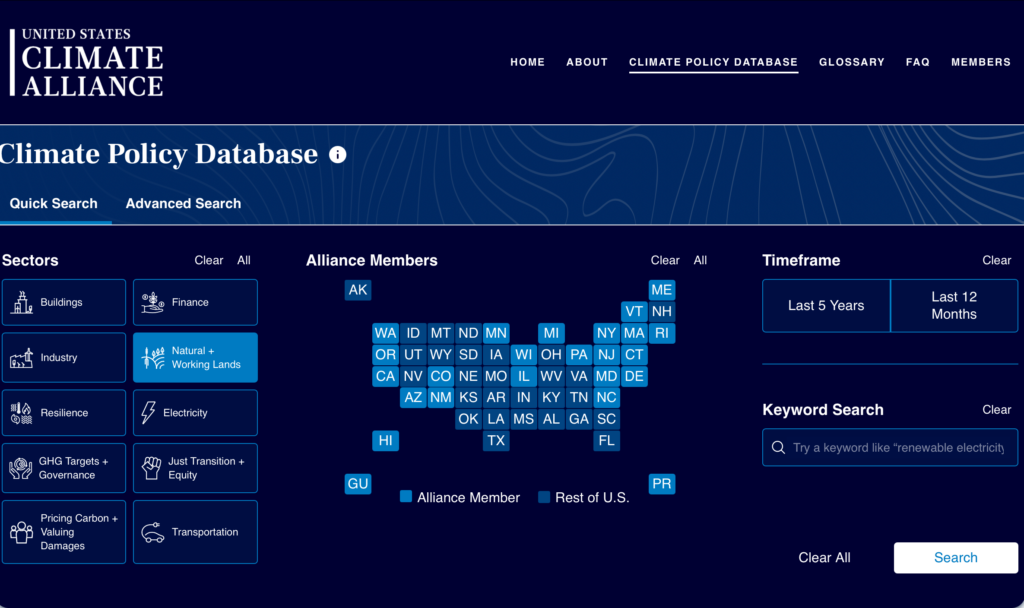
Explore U.S. Climate Alliance‘s Climate Policy Database.
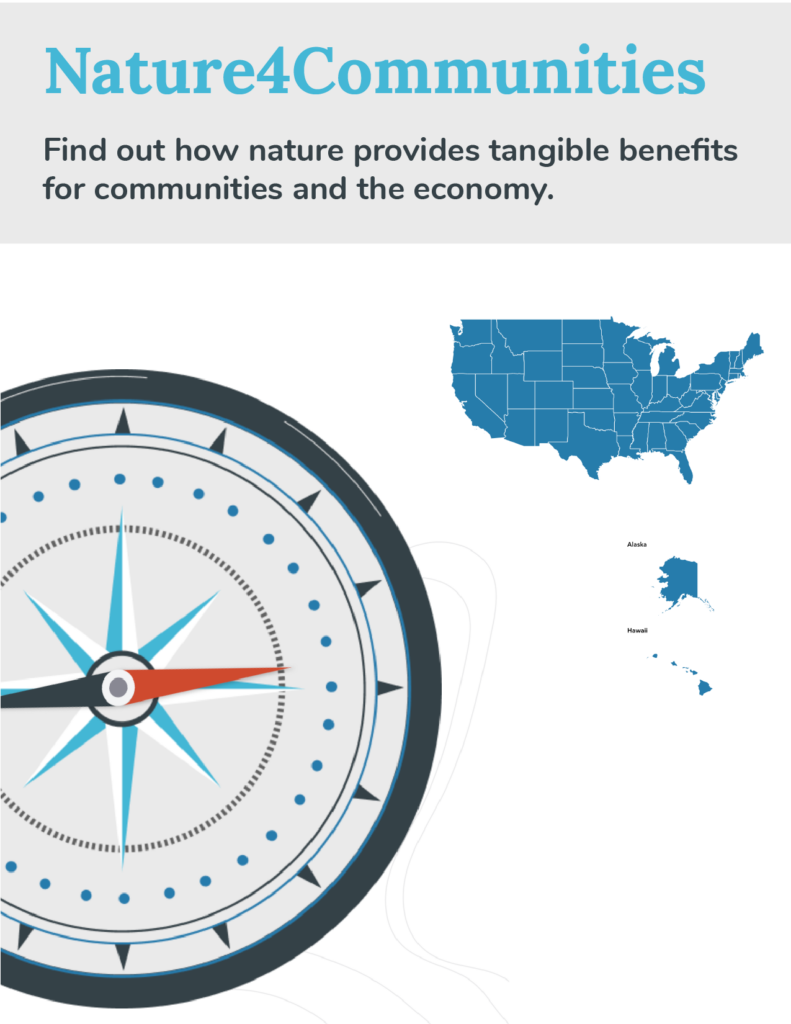
Explore Nature4Communities, a resource that shows you how nature-based solutions are critical for your community’s well-being and become a better advocate for their implementation.




